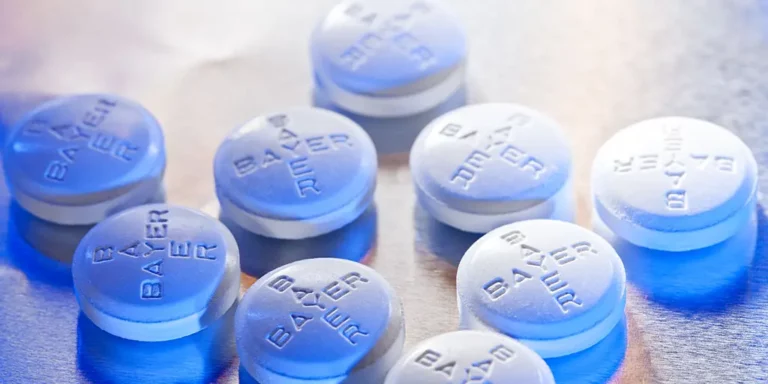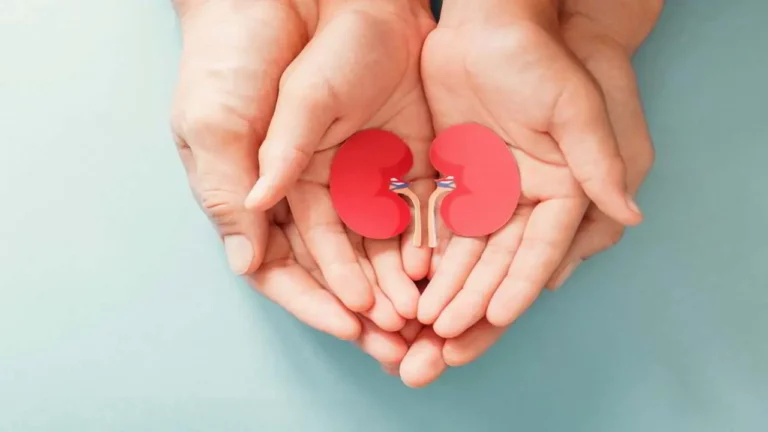Understanding Erectile Dysfunction
Erectile dysfunction (ED) is a common sexual problem that affects millions of men worldwide. It is characterized by difficulty achieving or maintaining an erection suitable for sexual intercourse. While it’s more prevalent among older men, ED can occur at any age.
ED can stem from various causes, including underlying health conditions, psychological issues, and certain lifestyle factors. It can also be a side effect of some medications. Fortunately, many cases of ED are treatable, and understanding the underlying causes can help guide treatment strategies.
Impact of Lifestyle on Erectile Dysfunction
Mental Health and Its Connection to ED
Mental health plays a crucial role in sexual performance, with stress, anxiety, and depression being significant contributors to ED. Prolonged periods of stress or instances of acute stress can interfere with various bodily functions, including sexual performance. Additionally, anxiety about sexual performance itself can create a cycle of ED, where the fear of ED triggers the condition.
Depression often reduces the desire for sexual activity and can lead to ED. If you are experiencing stress, anxiety, or depression, seeking help from a mental health professional can be a valuable component of managing and overcoming ED. Mindfulness exercises, cognitive-behavioral therapy (CBT), and other therapeutic techniques can help manage mental health conditions contributing to ED.
Sleep and Its Influence on Erectile Function
Sleep is vital for many bodily functions, including hormone regulation and circulation – two key factors in erectile function. Men with sleep disorders, such as sleep apnea, often experience higher rates of ED. This is likely because disruptions in the normal sleep cycle can lead to hormonal imbalances, including those that affect sexual function.
Getting adequate, quality sleep can help improve erectile function and overall health. If you suspect a sleep disorder is contributing to ED, seek advice from a healthcare professional. They may recommend lifestyle changes, treatments, or refer you to a sleep specialist.
Managing Underlying Health Conditions
ED can often be a symptom of other health issues, such as diabetes, heart disease, and hypertension. Thus, effectively managing these conditions can help alleviate ED. This often involves lifestyle changes like eating a balanced diet, engaging in regular physical activity, avoiding smoking, and limiting alcohol.
Prescription medications and other treatments may also be necessary to manage these conditions, but it’s important to discuss potential side effects, including ED, with a healthcare provider. Sometimes, adjustments can be made to mitigate these effects.
Physical Activity and Its Influence on ED
Regular physical activity is one of the best ways to prevent and manage ED. Exercise, particularly aerobic exercise, improves blood flow throughout the body, including the penis, which can help maintain erectile function. Additionally, regular exercise can boost mood, increase energy levels, and help manage weight – all factors that can improve sexual health.
Research suggests that men who lead sedentary lives are more prone to ED than those who engage in regular physical activity. Therefore, incorporating exercise into your daily routine can make a significant difference.
Healthy Eating and Erectile Function
A healthy diet is essential for overall health, and it also plays a significant role in maintaining sexual health. Foods high in saturated fats, cholesterol, and sodium can lead to health problems such as high blood pressure, heart disease, and diabetes – all of which are linked to ED.
Conversely, a diet rich in fruits, vegetables, lean proteins, and whole grains can promote heart health and good blood flow, reducing the risk of ED. The Mediterranean diet, known for its high content of whole grains, fruits, vegetables, and lean proteins, has been shown to be particularly beneficial.
The Role of Weight Management
Obesity is a significant risk factor for ED. It can lead to or exacerbate conditions that cause or contribute to ED, such as diabetes, heart disease, and high blood pressure. Research shows that men with a healthy body weight have a lower risk of developing ED.
Weight loss, particularly when combined with regular physical activity and a healthy diet, can improve erectile function and sexual health. Moreover, maintaining a healthy weight can increase energy levels, improve body image, and boost self-confidence.
Smoking, Alcohol, and Erectile Dysfunction
Both smoking and excessive alcohol consumption can contribute to ED. Smoking damages blood vessels and impairs blood flow, which can prevent an erection. Meanwhile, heavy drinking can cause liver damage, nerve damage, and other conditions that can lead to ED.
If you smoke, quitting can significantly improve vascular health and reduce the risk of ED. Cutting back on alcohol, or avoiding it altogether, can also help manage ED.
Medications for the Treatment of ED
In addition to lifestyle modifications, certain medications have been proven effective in the treatment of ED. Two such medicines, which belong to a class of drugs known as phosphodiesterase type 5 (PDE5) inhibitors, are Viagra (Sildenafil) and Cialis (Tadalafil).
Viagra (Sildenafil)
Viagra, the brand name for sildenafil, was the first oral treatment approved for ED. It has since become one of the most recognized medications worldwide.
Sildenafil works by inhibiting the PDE5 enzyme, which is responsible for the degradation of a molecule called cGMP. CGMP plays a crucial role in achieving and maintaining an erection, as it helps relax the smooth muscles and dilate the blood vessels in the penis, allowing for increased blood flow.
Typically, Viagra is taken on an as-needed basis, approximately one hour before sexual activity. However, it can be taken anywhere from 30 minutes to four hours before sexual activity. It’s worth noting that Viagra doesn’t produce an erection spontaneously; sexual stimulation is necessary to achieve an erection after taking the medication.
It’s also important to understand that while Viagra is effective, it doesn’t cure ED or increase sexual desire. It merely helps men achieve and maintain an erection suitable for sexual activity.
Cialis (Tadalafil)
Cialis, or tadalafil, is another PDE5 inhibitor that works similarly to Viagra by increasing blood flow to the penis. However, Cialis has a couple of significant differences that set it apart.
First, Cialis has a longer duration of action. While the effects of Viagra usually wear off within four to five hours, Cialis can last for up to 36 hours. This extended effectiveness doesn’t mean a man will have an erection for 36 hours. Instead, it means that sexual response should be available when sexually stimulated during that time period.
This longer window of opportunity often referred to as the “Cialis weekend pill,” offers more spontaneity for men taking this medication, as they aren’t as bound to a specific time frame for sexual activity.
Secondly, Cialis is available as a lower-strength tablet that can be taken daily, regardless of the timing of sexual activity. This daily dosage can be beneficial for men who anticipate frequent sexual activity (twice a week or more).
Like Viagra, Cialis also requires sexual stimulation to be effective and does not increase sexual desire or cure ED.
Both Viagra and Cialis are generally safe, but they can cause side effects like headaches, flushing, upset stomach, and nasal congestion. In rare cases, they can also cause vision problems. It’s important to discuss these potential side effects and any existing health conditions with your healthcare provider before beginning treatment with these medications.
Conclusion
Erectile dysfunction can be a challenging condition, but many men can manage or even reverse it by making certain lifestyle changes and, in some cases, taking medication. It’s crucial to remember that ED can be a symptom of an underlying health condition that requires treatment, so it’s important to seek professional medical advice if you’re experiencing issues with erectile function. As always, the best approach to managing ED is one that’s personalized to you, taking into account your overall health, lifestyle, and personal preferences.






